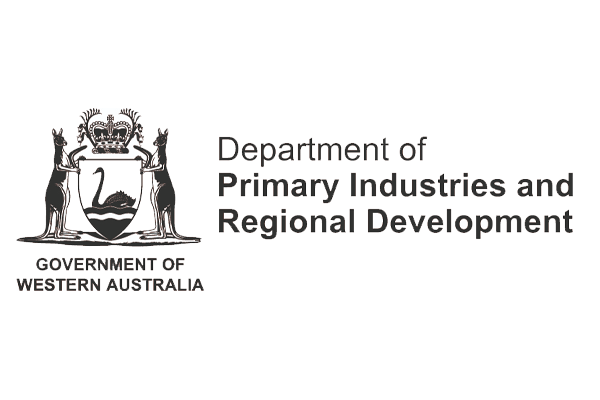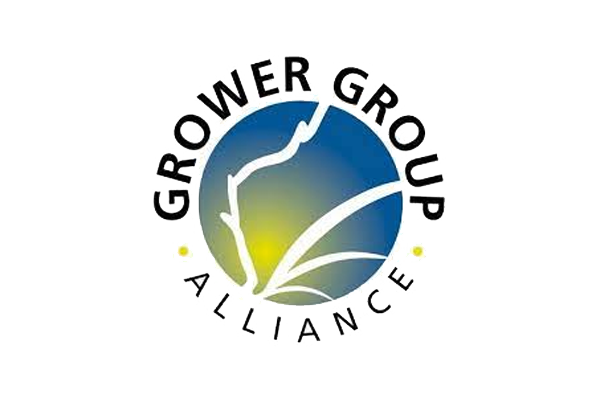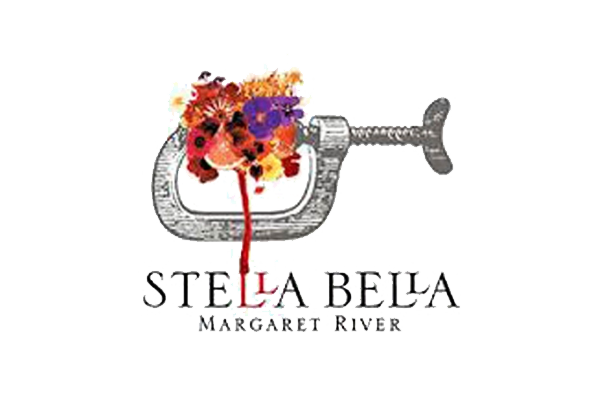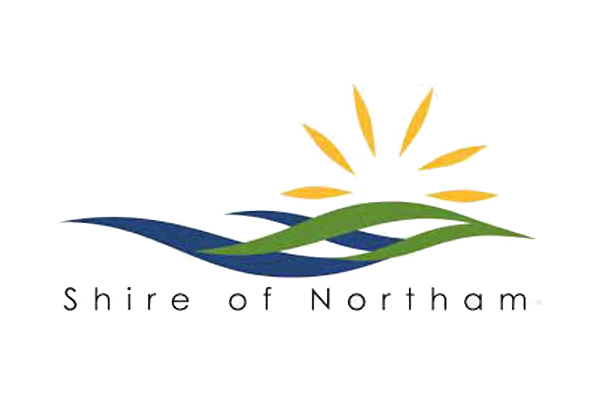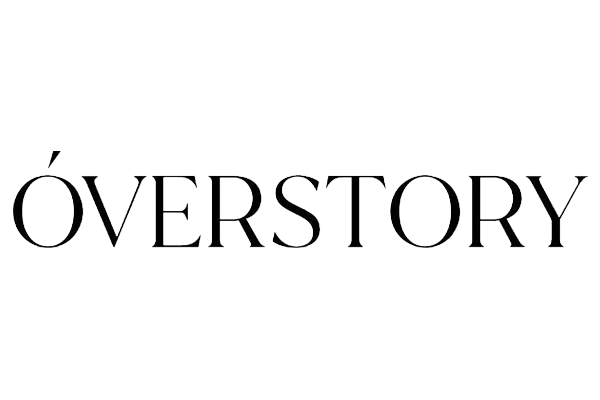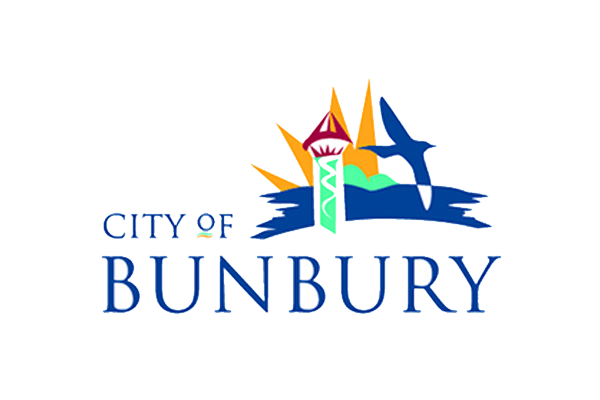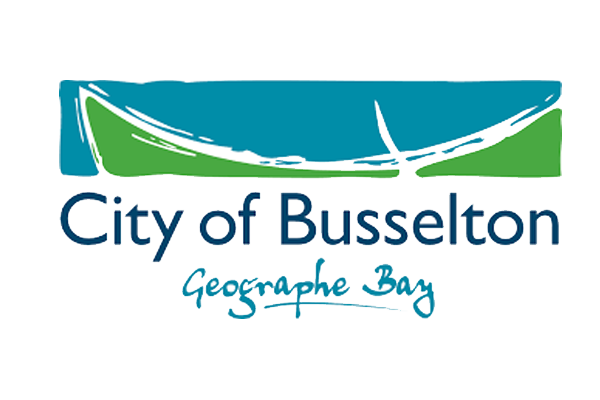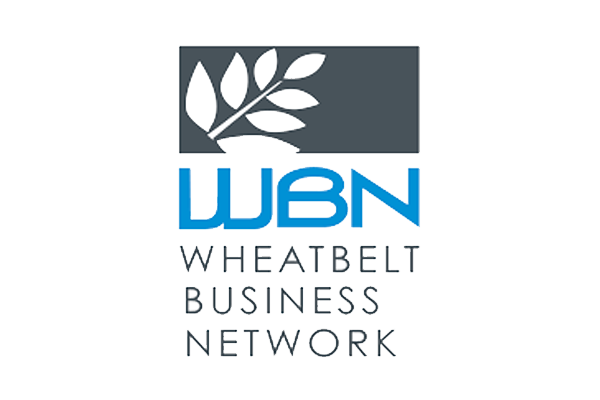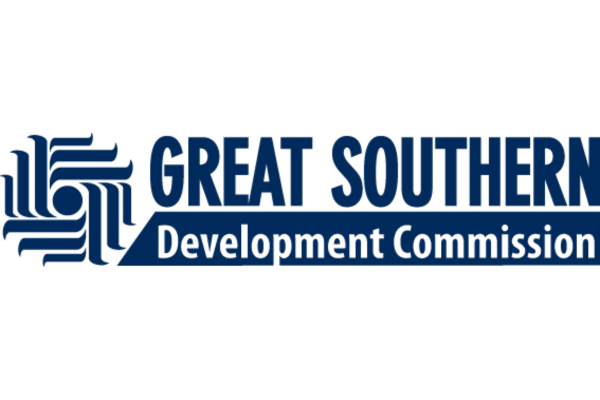Insights | Strategy | Impact
Strategic Insight and Practical Planning: Transforming Regional Opportunities into Success Stories



Over 90% of our client base is in regional Australia or delivering regional projects. When you need an expert consulting team that genuinely understands regional Australia, BlueSalt delivers.

About Us
Your Regional Consulting Experts in Western Australia


Our team are intimately familiar with the complexities of delivering projects in the regions. We’ve lived, worked and travelled extensively across regional and remote Australia – we get it.
Working across the private and public sectors, BlueSalt Consulting partners with you to articulate your value and map out your direction. We dig deeper to unearth insights to inform decision-making and then shape your story to tell those who matter – clients, stakeholders, funders and investors.
At the core of what we do is our commitment to support regional communities to thrive. We focus on partnering with clients to activate opportunities and solve problems of strategic importance to regional communities.
BlueSalt Consulting Services
Trusted by government agencies, peak bodies and the private sector, we delve into your priorities and issues, delivering strategic insights to guide your decision making and deliver clear, practical strategies to move you forward.
Services
Strategy & Planning
Research & Policy
Feasibility Studies
Business Plans
Environment & Sustainability
Grant Writing
Tender Writing
Corporate Communications
Funding Advisory & Grants Alert Service
Industry Insights
Who do we work with?
We specialise in working on regionally based projects, or projects with strong regional benefits. We occasionally work on metropolitan projects where there is a strong fit between your project and our areas of interest.
From the very beginning, Anna impressed us with her professionalism and deep understanding of the grant writing process based on her years of experience. The BlueSalt team’s attention to detail and meticulous approach ensured that our proposals were tailored to each funding opportunity, maximizing our chances of success. Thanks to Anna and her team’s efforts, we were able to secure a multimillion-dollar grant that has had a transformative impact on our organisation. If you are seeking a consulting team who can help you achieve your funding goals, Blue Salt Consulting is the perfect choice.
Highly recommend Anna! As a director I visualise my business in 5, 10, 20 years, it is hard to put my dreams on paper. She captured myself, my company and my business dreams perfectly.
Anna is unlike any business consultant I have ever met. Genuine, personable and a truly thorough knowledge of the SME business space at all levels. Her recommendations considered who we are as people and the potential of our brand resulting in realistic, achievable and profitable suggestions.
After several tender submission attempts over 12 years, I thought – “There must be something we are missing here”. The team partnered with us and read between the lines, distilled the criteria and delivered a plan to be taken seriously.
It has been the best value for money investment we have made in twenty years of business.
Thank you, thank you, thank you! Your analysis would have to be one of the most comprehensive and well-written reports I have read in a long time, well-done.
Thanks to Anna, we were successful with our recent grant application. Anna took the time to understand our business and went over and beyond in providing us with an outstanding proposal. Without doubt one of the most professional people I have worked with and someone I highly recommend.
Anna and her team consistently deliver professional work and solutions that reflect their commitment to excellence and practicality.
They represent a great example of a regional business striving to deliver excellent results for their clients.
Anna and the team were practical and professional, providing us with expert advice on navigating the grant funding process. They prepared a detailed business plan for our new venture and comprehensive funding submission that allow us to secure major government funding for equipment to support our business’ sustainability in response to challenging supply chain conditions.
We really appreciated the professional support and advice to navigate the government grant process. The team provided persuasive, well-written and professionally presented documentation (business case, business plan and grant application), as well as helping us shape our business concept.
Anna and the team at BlueSalt Consulting provided strategic advice and expertise to develop our initial (and somewhat vague) concept into a clearly articulated and evidence-based initiative.
We were impressed by their professionalism and ability to deliver excellent solutions, and highly recommend them.
With a tight deadline, Anna and the team provided just what we needed – an analytical approach to the grant criteria and structuring the response to deliver a clear explanation of our complex project, all delivered with professionalism and efficiency. I look forward to engaging them again.
Anna and her team delivered a responsive, professional service, providing quality reports on complex matters. With a strong understanding of government processes and systems, they bring a practical and results-focused approach and were easy to work with.
We can’t thank the team enough for their assistance with our recent RED Grants application – our subsequent success is testament to their great work. The insight, attention to detail, responsiveness, and advice they provided is invaluable to any business.
Case Studies
Helping Our Clients Thrive


Frequently Asked Questions
BlueSalt Consulting provides a range of business consulting services in Western Australia, including strategic planning, economic development strategies, sector-specific plans, and tailored solutions for businesses seeking finance or operational guidance.
BlueSalt Consulting excels in tender writing for strategically important projects in Western Australia, focusing on communicating the unique value of your project rather than just price. Our expertise lies in crafting compelling narratives that resonate with stakeholders and funders.
BlueSalt Consulting specializes in preparing winning grant submissions and business cases to help clients in Western Australia secure the funding needed for their strategic projects. Our grant writing services are tailored to effectively communicate project value and impact.
Yes, BlueSalt Consulting offers independent sustainability planning and advice in Western Australia. Our approach combines science-based evidence with practical strategies to support businesses and organizations in the region.
BlueSalt Consulting follows a strategic approach to identifying and pursuing grant funding opportunities in Western Australia. Our Grants Alert Service keeps clients informed about best-fit funds, ensuring they are well-prepared to respond to relevant opportunities.
BlueSalt Consulting specializes in working on regionally based projects in Western Australia or projects with strong regional benefits. Our focus includes primary production, food & beverage manufacturing, state & local government, manufacturing, engineering & science, industry/peak bodies, education, and other
BlueSalt Consulting is your strategic partner for management consulting services, specializing in delivering insights and practical strategies for both private and public sector clients engaged in regional projects.
BlueSalt Consulting’s business planning services cover a spectrum, from financial planning for businesses needing finance to practical plans guiding day-to-day operations. Our tailored solutions align with your business scale and budget.
BlueSalt Consulting excels in change management consulting, particularly for strategically important projects. We specialize in communicating your project’s value, ensuring successful transitions and outcomes.
BlueSalt Consulting is a trusted partner for government consulting, delivering strategic insights and tailored solutions. Our team works closely with government agencies to address priorities, guide decision-making, and navigate complex issues.
BlueSalt Consulting’s approach to strategic business consulting is grounded in detailed research, data analysis, and context assessments. We partner with you to articulate your value, map out your direction, and deliver clear, practical strategies for moving your projects forward.

